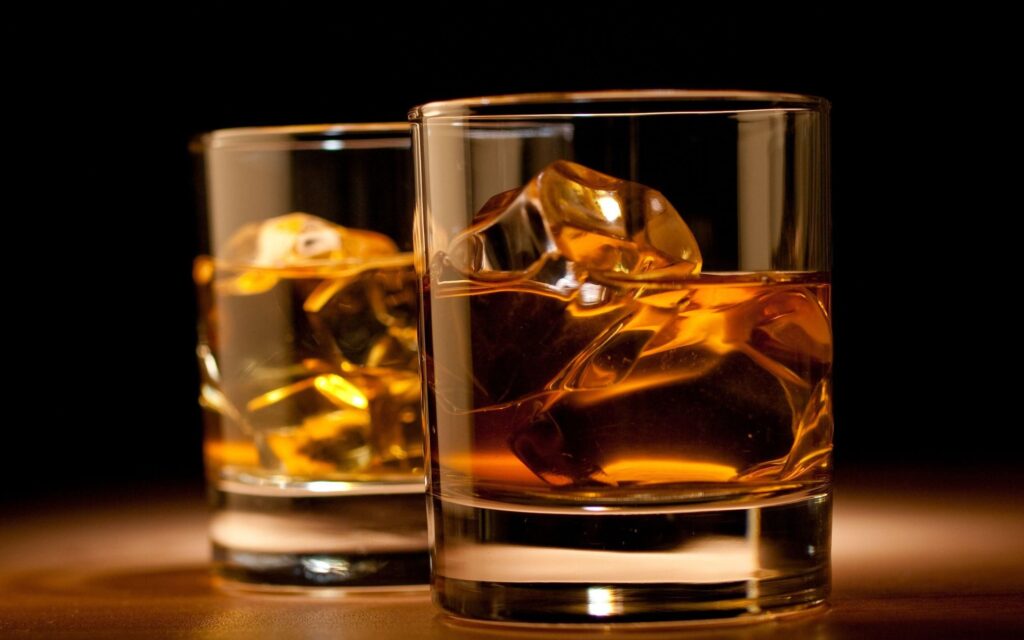
Many future cask owners have asked me what happens if the whisky in the barrel “goes bad,” regardless of whether they treat it as an investment, a personal pet project, or simply a method to acquire whisky for enjoyment.
It seems obvious that nothing can stay wonderful forever, including the things we put into our bodies, which is why the first skepticism was expressed. If you’re going to think about it, try to give it some more thought; when does whisky “go bad?”
Spoiled by Bacteria
Indeed, whisky isn’t the only alcoholic beverage that benefits from time in a wooden barrel for aging. Beverages like wine and beer are aged in wooden casks to improve their flavor. With its low alcohol content, Beer is especially susceptible to contamination from the outside, so cask managers keep a constant eye on it and, if necessary, pasteurize it after bottling it to ensure a clean flavor.
Funky tastes frequently reflect the bacterial growth in beers and wines made by spontaneous fermentation because the brewers and winemakers view the infection as an unavoidable part of the process. In fact, certain kinds of diseases are actively promoted since they are not seen as “spoiled.”
However, whisky is an entirely different beast. Most whisky is placed into barrels at an alcohol volume (abv) of 63.5% or more, making bacterial contamination extremely unlikely. Plus, sugar molecules are so large that they cannot get through the distillation process. Therefore whisky has less sugar than most would expect. Bacteria do not thrive in an environment where sugar is not the primary source of nutrition.
Losing its Flavor
Taste for whisky is still developing, but although experts tend to agree on what constitutes a quality bottle, the general public is far more divided. Extremely black and aggressive sherry barrel whisky is now the most sought-after and specialized type of whisky on the market, selling for the highest price. We now prefer that all distilleries release their whisky at cask strength and allow us to determine whether or not to water it down, even though many decades ago, many people found cask-strength whisky to be excessively powerful and peppery. Therefore, declaring a barrel terrible is unjust because it doesn’t meet your personal preferences.
As business owners, we must constantly consider what the market values without prejudice or judgment based on our preferences to make the best investment decisions. If you’re a drinker or bottler, you can check the flavor of your barrel every year and bottle it whenever you choose. The whisky within the cask evolves over time, so the flavor is never the same twice. Because of this, owning a whisky barrel is an exciting and unique experience in and of itself.